Adani Australia recently secured approval to start building the A$100 million ($80.3 million) initial phase of the project from the authorities in the state’s Isaac region, according to an online statement. The installation — its first major renewables project in the country — will be completed within 12 months from the start of construction.
“This is an exciting project in terms of its size, location and the technology we are using,” said Jennifer Purdie, chief executive of Adani Renewables.
The Brisbane-based subsidiary will oversee the installation of mono-PERC solar modules on 600 hectares of grazing land in the coal mining town of Moranbah. However, it did not reveal the suppliers of the PV modules or the single axis tracking systems that will be deployed at the so-called Rugby Run site.
The company — which Mercom Capital identified as the second-biggest utility-scale PV developer in India earlier this year — has already started talking to transmission system operator Powerlink Queensland about connecting the massive Rugby Run PV array to the regional grid. Construction of the first phase of the project will create roughly 150 jobs.
The conglomerate first announced the project last November, when it vowed to invest an initial $300 million in two PV installations in Australia. In addition to the Rugby Run site in Moranbah, it plans to build a 120 MW solar array near Whyalla, South Australia.
In late August, Adani Mining — another wholly owned subsidiary of the Adani group — revealed that it would start building a fiercely contested, A$16.5 billion coal mine near Moranbah in the Galilee Basin, central Queensland. The plan — which will include the development of rail and port infrastructure — has raised the ire of environmental activists in Australia.
Adani — which signed a deal with China’s East Hope Group in June to build a $300 million factory in Gujarat, India — aims to develop 1.5 GW of PV capacity in Australia over the next five years. It has already built about 793 MW of solar in India, with an additional 1.2 GW under various stages of development.
Author: Brian Publicover
This content is protected by copyright and may not be reused. If you want to cooperate with us and would like to reuse some of our content, please contact: editors@pv-magazine.com.
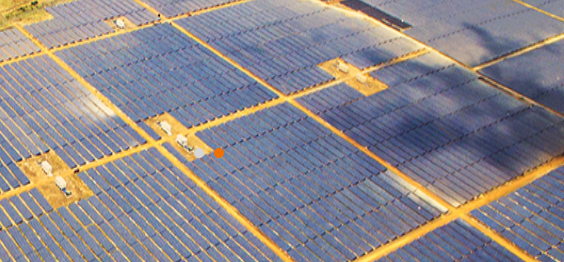
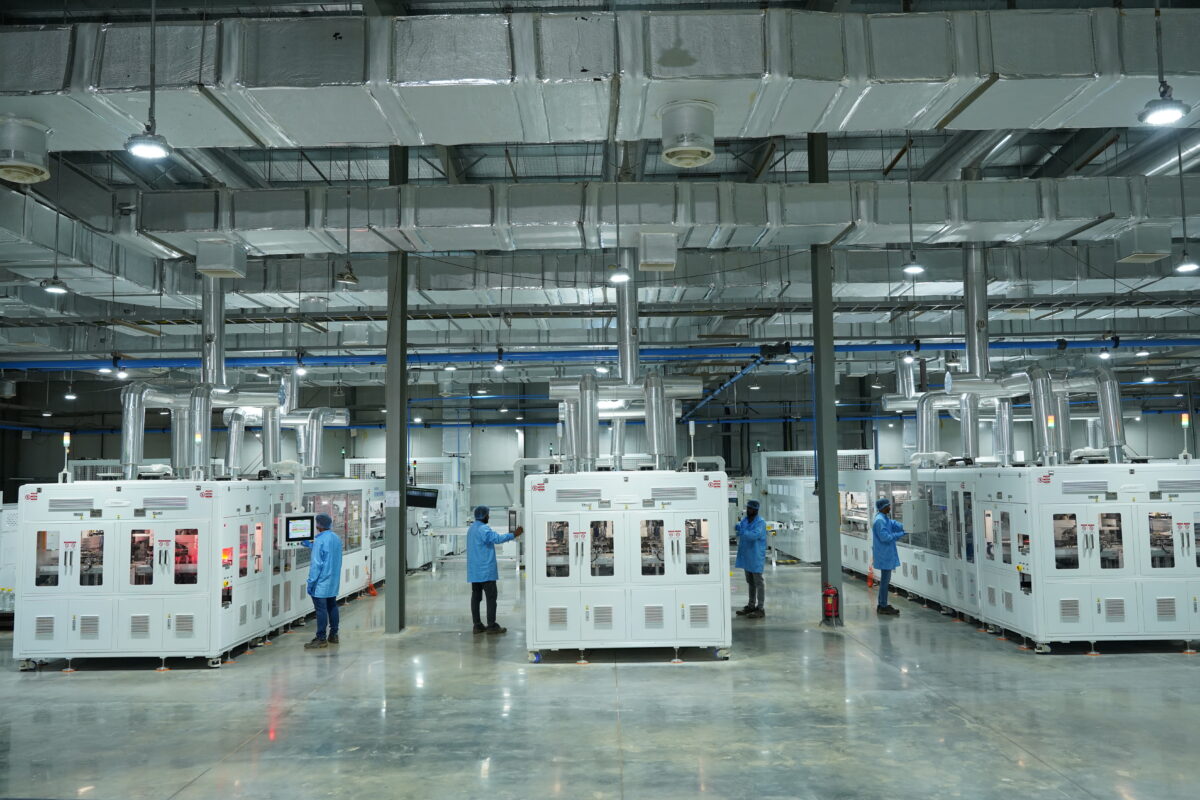



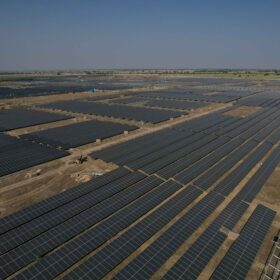
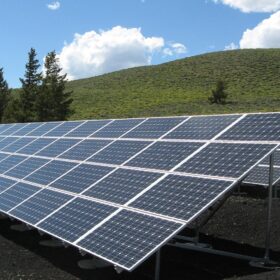
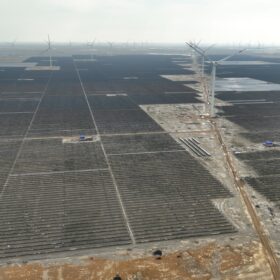
By submitting this form you agree to pv magazine using your data for the purposes of publishing your comment.
Your personal data will only be disclosed or otherwise transmitted to third parties for the purposes of spam filtering or if this is necessary for technical maintenance of the website. Any other transfer to third parties will not take place unless this is justified on the basis of applicable data protection regulations or if pv magazine is legally obliged to do so.
You may revoke this consent at any time with effect for the future, in which case your personal data will be deleted immediately. Otherwise, your data will be deleted if pv magazine has processed your request or the purpose of data storage is fulfilled.
Further information on data privacy can be found in our Data Protection Policy.